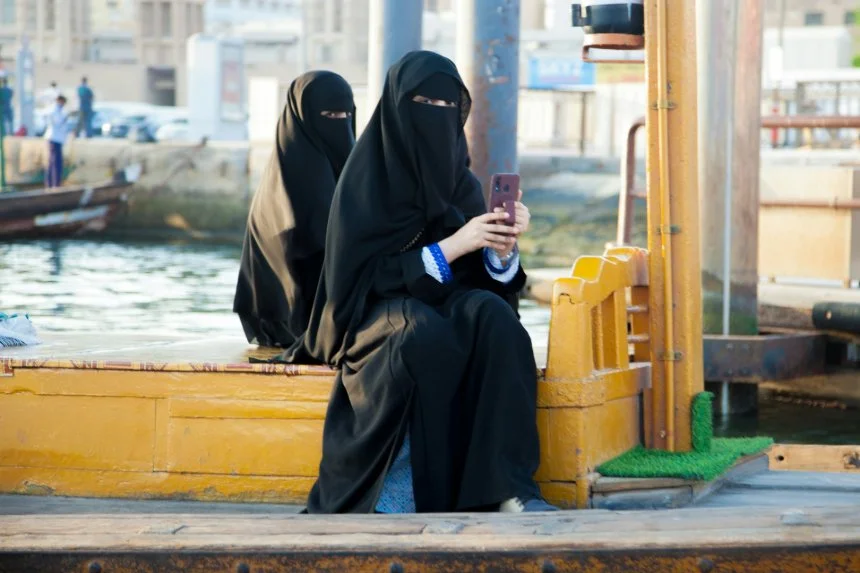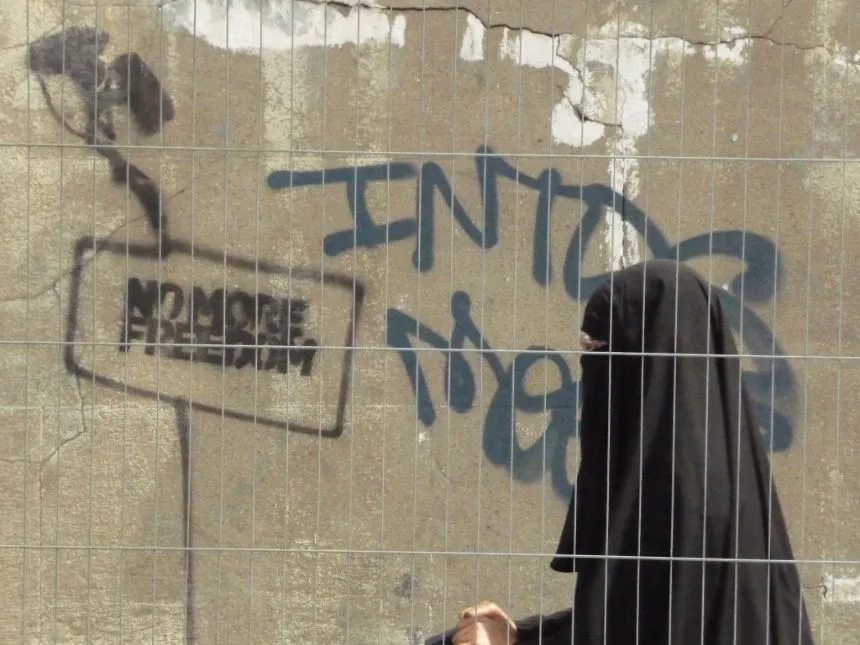France grapples with fundamental questions regarding republican identity and individual rights. This is vividly illustrated by its policies related to the wearing of the niqab and burqa. In his book, “The Republic, Secularism, and Security: France versus the Burqa and the Niqab” Raphael Cohen-Almagor addresses these issues by exploring the historical, theoretical, and contemporary dimensions of secularism.
The author examines how secularism has been instrumentalized to justify restrictive policies, raising questions about the impact of these measures on social integration and national cohesion. Through a normative and rigorous analysis, Cohen-Almagor highlights the tensions between national security and the protection of individual freedoms. This approach offers a rich and nuanced perspective on the complex and often polarized debate concerning the place of religion in the French public sphere.
Historical and Theoretical Contextualization of Secularism
Cohen-Almagor traces the evolution of secularism from its roots during the French Revolution, where it emerged as a principle of liberation from ecclesiastical and monarchical authority. However, this principle has evolved into a more ambiguous role of social control, particularly evident in cultural assimilation policies.
The restrictive measures adopted in the name of secularism often seem more motivated by irrational fears than by proven security needs.
Initially designed to promote individual freedom against religious imposition, secularism has been used to justify policies that, under the guise of neutrality, can be discriminatory.
This evolution is particularly evident in French legislation banning the niqab and burqa. These laws, presented as measures for security and the preservation of republican identity, raise critical questions about their actual impact on integration and social cohesion. The tension between the ideals of secularism and contemporary political and social realities is highlighted, inviting reflection on how public policies can sometimes deviate from the principles they are meant to uphold.
Critical Analysis of the Niqab and Burqa Bans
Cohen-Almagor vigorously critiques the argument that bans on the niqab and burqa promote the emancipation of Muslim women. He argues that these bans, far from fostering integration, deepen societal divides. Using case studies, the book demonstrates that these measures exacerbate negative stereotypes and further marginalize the affected women.
Cohen-Almagor shows that the security rationale often invoked to justify these bans is deeply flawed. He argues that such measures should be reconsidered, taking into account their actual contribution to public safety and their compatibility with values of fraternity and respect for individual liberties.
The restrictive measures adopted in the name of secularism often seem more motivated by irrational fears than by proven security needs. This raises questions about their proportionality and justification.
This approach risks not only stigmatizing certain religious communities but also undermining the principles of freedom and equality that the Republic seeks to promote. The author proposes a critical reflection on the implementation of secularism in French public policies, advocating for a more nuanced and balanced approach that respects both security and human rights.
Examining the Shift in Republican Values
The book examines the growing discrepancy between the revolutionary motto “Liberty, Equality, Fraternity” and its actual application in contemporary French society. France has increasingly emphasized the principles of indivisibility, security, and secularism, forming a new trinity that has supplanted the old one. This phenomenon is particularly visible in the debates over the wearing of Muslim garments.

Thus, the prohibition of the burqa and niqab is fundamentally flawed in principle, counterproductive, and illiberal. This prohibition does not respect the freedom of religion, a fundamental human right, and undermines the autonomy of women it claims to emancipate, relying on a sexist and colonialist conception of French republican autonomy.
It is counterproductive because it is likely to reinforce the assertion of patriarchal norms. It is illiberal because liberal democracy must be neutral among different conceptions of the good.
French neutrality “forces people to be free”
Neutrality implies not identifying with any particular conception of the good and not compelling individuals to act in ways that could offend their religious beliefs.
In France, secularism has become a perfectionist principle that prevails over all other principles.
In the Rousseauian spirit, French neutrality “forces people to be free,” thus limiting their freedom to follow their own religious convictions.
Advocating for Inclusive Secularism
The book advocates for transforming secularism in France into a more flexible and inclusive version that respects and values religious and cultural diversity. It criticizes the current rigidity of secularism, often used to justify discriminatory policies, and proposes an alternative that recognizes the multicultural reality of French society.

Cohen-Almagor argues that public policies should allow individuals to express their religious identity, which would strengthen democracy and foster a culture of respect and tolerance. It is crucial to promote an open and respectful dialogue on different conceptions of the good, using deliberative democracy to facilitate communication and exchange of ideas.
An inclusive secularism would improve social integration and national cohesion, creating an environment where all citizens feel valued and included, thereby reducing marginalization and exclusion. As articulated in his presentation of the book, the true strength of the Republic lies in its ability to harmonize diverse voices, valuing differences instead of viewing them as threats.
Contribution and Perspectives
Raphael Cohen-Almagor’s presents a critical exploration of the complex interplay between French secularism and individual rights. This book stands out for its incisive analysis of how France’s secular policies, particularly the bans on religious garments like the niqab and burqa, challenge the foundational republican values of liberty, equality, and fraternity.
Cohen-Almagor meticulously dissects the normative justifications for these bans, revealing the potential contradictions within French secularism. The strength of the book lies in its balanced critique, which neither dismisses the principles of laïcité outright nor accepts them without scrutiny.
Cohen-Almagor’s work is profound in its normative quality, as it pushes the reader to question whether the implementation of these secular policies truly aligns with the universalist values that the French Republic purports to uphold. By highlighting the real-world impacts of these policies on affected communities, the book invites policymakers, scholars, and citizens alike to reconsider the balance between national identity and individual freedoms.
This book makes a significant contribution to our understanding of modern secularism and its implications in a diverse society. It serves as a crucial resource for anyone seeking to navigate the delicate intersections of security, freedom, and identity in contemporary governance.
His call for a more nuanced and inclusive approach to secularism in France is not only timely but also essential for ensuring that the republic remains true to its foundational values in an increasingly pluralistic world. This work is a must-read for those engaged in the global discourse on freedom, security, and the role of the state in regulating religious expression.









